I am a signatory to this letter, issued yesterday. You can read the document referenced here.
A UUMA GUIDELINES PROPOSAL RESPONSE
I. Executive Summary
Ministry occurs in a complex landscape of diverse perspectives. We applaud all who are engaged in the vital work of articulating professional ethical standards, including collegial relations; we understand that our polity makes holding each other accountable to those standards particularly challenging. That said, having read and studied the current proposed revisions to the UUMA guidelines, we are moved to respond.
There are several problems we see with the proposed changes to the UUMA guidelines. We are concerned with the subjectivity of what constitutes “harm,” and the entirety of the “accountability” section. Perhaps most significantly: we, the undersigned, believe there should be a clear boundary between the important work of the UUMA to serve as a resource for improving our skills in ministry, and the important work of the community of congregations (otherwise known as the UUA), which credentials ministers through fellowship.
We know that credentialing serves important purposes. It vets people for psychological wellbeing. It assesses quality of connection and commitment to tradition. It provides external confirmation of vocational call. It assesses potential for spiritual maturity. Credentialing requires people to articulate the call and why they want to pursue leadership. It requires instruction and training in a particular body of knowledge (ie. ethics, scripture, etc.) Credentialing carries accountability to an authorizing body and is the basis for consequences. It carries endorsement from the community of congregations through the UUA, and it allows for portability of professional standing from one community to another. The UUMA does not relate materially to any of these processes.
The UUA is in the process of trying to create a single path for ethical complaints against ministers (and possibly other religious professionals). We would like to see that work continue and develop without the UUMA’s intervention. We would also like congregations to get more training on their responsibilities as employers, including non-discrimination and non-harassment.
The UUMA is not charged with saving congregations from their own weaknesses, but rather with upholding and supporting the standards of excellence of our professional ministry so that we may effectively and responsibly serve congregations and communities.
II. Principles
Here are the principles we see as vital to uphold:
1. Congregational independence and authority are core values of Unitarian Universalist congregations and have been since our traditions’ founding.
2. Congregational interdependence is equally ancient and is now most clearly expressed through membership in the UUA.
3. Every UU, including every minister, has a responsibility to serve the sacred as they understand it.
4. Every minister has a responsibility to speak the truth, in covenant with the congregation or community they serve.
5. The congregation has the sole authority to affirm or reject the call of a particular minister in that location;
6. Ordination is the acknowledgment and solemnization of an individual’s sacred call to ministry, performed by a congregation. Fellowship is the affirmation by tasked and trusted representatives of the Unitarian Universalist Association of Congregations, including but not limited to ministers, that an individual is deemed ready and acceptable for ordination, and for serving a call to professional ministry.
In summary: The UUA is an association of congregations. The UUMA is an association of ministers. The UUA advocates for congregations and the UUMA for ministers.
III. Areas of Agreement (with Gratitude)
- We believe that misconduct should be actionable.
- We agree strongly that we need to consistently clarify and strengthen our professional standards against behaviors that perpetuate white supremacy, heteropatriarchy, and other systems and structures of oppression.
- We agree that bullying is a form of misconduct.
- We agree that it is important to add language about emotional needs as one of the ways a misconducting minister could exploit others.
- We agree that it is good to clarify the expectation to refrain from contact for two years if a minister wants to begin a sexual relationship with someone they have encountered as a minister.
- We agree that even then, the burden would be on the minister to demonstrate that they weren’t exploiting the partner.
IV. Areas of Disagreement
CONFLICT AND ACCOUNTABILITY
While recognizing that ministers have engaged and will engage in acts of gross or criminal misconduct, the vast majority of ministers are doing good, ethical work. The accountability language in the proposed guidelines is so broad as to make ethical colleagues wary of ordinary behavior and communication.
In order to fulfill their call, ministers must be free to speak the truth as they understand it, in covenant with the congregation or community they serve. Sometimes this will involve unskillful communication. Sometimes folks will need to work through their own biases or failings and be called back into covenant.
Many of the missteps of ministry are easily resolved in healthy systems by simply engaging in good-faith conversation or seeking and offering apology or reconciliation as a matter of course. The breadth of the proposed language threatens to override this healthy form of accountability and replace it with a much more dramatic and anxiety-driven process than is necessary.
We believe that in most circumstances, colleagues are able to work out disagreements between themselves as they see fit. In the vast majority of cases, a minister should be required to speak directly with a colleague with whom they have a disagreement as a first step toward resolving the conflict.
We appreciate the caveat in Footnote 2 regarding egregious misconduct. However, much of the language in this section is confusing at best, and seems to indicate a breathtaking level of overreach. Lines 122-196 outline a process that includes deliberate triangulation with regional staff, congregational staff members and lay leaders, clusters, and “accountabila-buddies.” That such a right relations process can be forced on a colleague for conduct as broad as covenant that is “broken, violated or even bent” is punitive and unreasonable.
CONCERNING LEGAL COUNSEL
We are concerned that this section of the proposal is not only problematic, but possibly illegal:
185 14. “The restoration of our covenant is a collegial process, not a legal one. Using legal counsel, insurance
186 agents, or similar outside bodies to prevent repair or frustrate accountability is itself a violation of this code.12
187 If a member employs these tactics to avoid accountability and healing the RRG may refer the
188 matter to the Common Ethics Panel for review and appropriate action, which may include removal or
189 suspension from membership and/or fellowship.”
In many union contracts there is an agreement to work through legally binding arbitration, or to pursue mediation as a first course. But those are both within legal practices. What we find deeply problematic about this section is surrendering our legal rights, and signing ourselves over to volunteer-run processes that have no established codes.
STAFF SUPERVISION AND CONGREGATIONAL POLITY
Many ministers are called by the congregations they serve to be staff supervisors within their congregational structure. It is wholly possible for these organizational models to express healthy collaboration while not exactly reflecting the UUMA’s preferred culture. We are concerned that the proposed guidelines would put an undue burden on ministers to serve a UUMA culture that may be in direct opposition to congregational expectations and established employment practices.
If a minister is unable to function as a collaborative, respectful, good supervisor then the onus is on the congregation, not the UUMA, to address the minister’s professional deficiencies and to deal with any fall-out from their bad behaviors — just as it is the congregational leadership’s role to address any fall-out from other staff’s misconduct or professional failures.
RIGHT RELATIONS GUIDES
The Right Relations Guides, as conceived, are a large group (“we may need 25-50 of these RRGs”, Accountability Guidelines Team Report, page 16) and a significant change in the collegial ecosystem. At first glance, they appear to hold a parallel role to the long-existing Good Officer program, which already helps mediate conflicts between colleagues as well as between our colleagues and other religious professionals and congregations. Good Officers often help their colleagues discern whether a conflict with a colleague needs one-to-one conversation, a mediated conversation, or if the conflict rises to the level of a formal complaint.
However, unlike Good Officers, Right Relations Guides would hold considerable power to recommend the suspension of UUMA membership which, if required for fellowship, presents a credible and predictable risk of abuse. This has the potential to create within the ministerial college an atmosphere of suspicion, effectively chilling relationships between colleagues.
We have witnessed colleagues and non-colleagues in social media settings, often in mixed groups, attempt to insert themselves into what we see as simple differences of opinions between adults. With this proposal, if these interlocutors were RRGs, they would be empowered to initiate processes that are disproportionately strong, even coercive, and threatening to the professional standing and livelihoods of colleagues.
Compelling participation in a process under threat of loss of professional standing by definition takes away the possibility of it being voluntary. Instead, it will likely bring some participants to the table with resentment, under duress, and utterly lacking the kind of goodwill upon which an effective reconciliation process must depend.
COMMON ETHICS PANEL
We appreciate the reasons why the guidelines committee has proposed a common ethics panel. But we submit that the UUA already has a common ethics panel: the Ministerial Fellowship Committee. The MFC has members appointed by the UUA and UUMA. It has lay people, UUA staff, ministers, DREs, psychological professionals and student liaisons. The MFC is accountable to the UUA board, and staffed by the Department of Ministry and Professional Leadership.
The MFC should be supported with additional staffing and resources to do effective work, rather than creating a new group to do their work for them. The UUMA can offer volunteers, ideas, and encouragement to the Ministerial Fellowship Committee, but we should not create a separate team that decides who is accountable to whom while being accountable to no one.
V. Proposal/Action Plan
Complaints against all religious professionals for egregious misconduct should continue to go through the appropriate UUA channels (which definitely can be improved). There should also be a way for religious professionals to report egregiously misconducting congregations to hold them accountable and let it be known to ministers and others that they have a record of abusive treatment of religious professionals.
We understand that these guidelines are partly proposed to mitigate situations in which a colleague offends against another colleague, and is therefore out of the bounds of the congregation’s reach and scope. A mature resolution would look like the offended and offender talking one-on-one to each other, and/or offer options for supporting engagement with one another with a skilled facilitator if needed, allowing for an outcome that acknowledged the complexity of the situation, and responsibility all around. If egregious misconduct has occurred, it should be referred to the Ministerial Fellowship Committee.
A professional association expects its members to nurture a growing awareness of complex interpersonal dynamics; the ability to listen and speak openly and mindfully; and the regulation of one’s anxiety. These practices promote the ability to make thoughtful, principled choices. These expectations are expressed through equally clear and principled guidelines that depend on its members’ robust support.
The history of Unitarian, Universalist, and Unitarian Universalist ministry is replete with stories of fierce disagreements between colleagues. With a modern eye, we look back at some of these disagreements with disdain for opinions that no longer would be considered acceptable. But we always are in a present position of seeing through a glass dimly. Those who were most reviled in their time by their colleagues are often the ones whom time has shown to be most prescient and wise. We dare not silence the prophetic voices of those in our time, it is through their uncomfortable (and even painful) conversations that we may grow. A humility is needed for us to listen to each other, and bear the difficulties of withstanding opinions which we may most vehemently disagree with, affirming that freedom of conscience is still a supreme value of our ministry association.
We appreciate the hard, painful work of our dear colleagues on the guidelines proposal team, but we cannot support the proposed UUMA guidelines as written.
Yours in faith,
Rev. Neal Anderson, Senior Minister Elect, UU Church of Greater Lansing, MI
Rev. Robin W. Bartlett, Senior Pastor, The First Church in Sterling, MA
Rev. Chris Bell, Senior Minister, Unitarian Universalist Congregation, Santa Rosa
Rev. Wendy L. Bell, Interim Minister, Unitarian Church of Sharon, MA
Rev. Peter Boullata, Unitarian Fellowship of London, London, ON
Rev. Tricia Brennan, Interim Minister, First Parish Dorchester, MA
Rev. John A. Buehrens, retired, San Francisco, CA
Rev. Dr. Andy Burnette, Senior Minister, Valley Unitarian Universalist Congregation, Chandler, AZ
Rev. Roger Butts, Staff Chaplain, Penrose St Francis Health Services, Colorado Springs, CO
Rev. Cynthia Cain, in transition, Mackville, KY
Rev. Frank Clarkson, Minister, Universalist Unitarian Church of Haverhill, MA
Rev. Dr. Leon Dunkley, Minister, North Chapel, Woodstock, VT
Rev. Dr. Todd F. Eklof, Unitarian Universalist Church of Spokane, WA
Rev. Joanna Fontaine Crawford, Minister, Live Oak Unitarian Universalist Church, Cedar Park, TX
Rev. John T. Crestwell, Jr., Minister, Unitarian Universalist Church of Annapolis, MD
Rev. Gregory DuBow, Captain, Chaplain Corps, United States Air Force
Rev. Claire Feingold Thoryn, Minister, Follen Church, Lexington, MA
Rev. Emily Gage, Minister of Faith Development, Unity Temple Unitarian Universalist Congregation, Oak Park, Illinois
Rev. Daniel Gregoire, Minister, Unitarian Universalist Society of Grafton & Upton, MA
Rev. Michael F. Hall, Minister, Keene Unitarian Universalist Church, Keene, NH
Rev. Lara Hoke, Minister, First Church Unitarian, Littleton, MA
Rev. Richard Hoyt-McDaniels, Interim Minister, Long Beach, CA
Rev. Stefan M. Jonasson, Gimli Unitarian Church, Gimli, MB
Rev. Cynthia L. G. Kane, Commander, Chaplain Corps, United States Navy
Rev. Dr. Daniel C. Kanter, Senior Minister/CEO, First Unitarian Church of Dallas, TX
Rev. Elea Kemler, Minister, First Parish Church of Groton, MA
Rev. Dr. Maureen Killoran, Minister Emerita, Unitarian Universalist Congregation of Asheville, NC
Rev. Tera Klein, Pastor, Throop Unitarian Universalist, Pasadena, CA
Rev. Sadie Lansdale, Minister, Unitarian Universalist Church of Greensboro, NC
Rev. Gerald E. “Jay” Libby, Melrose, MA
Rev. Anthony F. Lorenzen, Hopedale Unitarian Parish
Rev. Brian Mason, Minister, First Universalist Unitarian Church of Wausau, WI
Rev. Dr. Kelly Murphy Mason, Senior Minister, Unitarian Universalist Society of Wellesley Hills, Wellesley, MA
Rev. Robert W. McKetchnie, Minister, First Parish in Cohasset, MA
Rev. Diane Miller, Minister Emerita, First Church in Belmont, MA. Retired, Salina KS
Rev. Mary Katherine Morn, Unitarian Universalist Service Committee
Rev. Craig Moro, Minister, Wy’east UU Congregation, Portland, OR
Rev. Jake Morrill, Lead Minister, Oak Ridge Unitarian Universalist Church, Oak Ridge, TN
Rev. Janet Newton, Minister, First Parish Church of Berlin, MA
Rev. Dr. John H. Nichols, Minister Emeritus, Unitarian Universalist Society of Wellesley Hills, MA
Rev. Parisa Parsa, Cortico Local Voices Network, Arlington, MA
Rev. Carolyn Patierno, Sr. Minister, All Souls UU Congregation, New London, CT
Rev. Hank Peirce, Minister, Unitarian Universalist Church of Reading, MA
Rev. Sue Phillips, How We Gather/Harvard Divinity School, Tacoma, WA
Rev. Oscar Sinclair, Minister, Unitarian Church of Lincoln, Lincoln NE
Rev. Erin Splaine, Minister, First Unitarian Universalist Society in Newton, MA
Rev. Ellen Spero, Minister, First Parish of Chelmsford, MA
Rev. Sarah Stewart, Minister, First Unitarian Church in Worcester, MA
Rev. Dr. Adam Tierney-Eliot, Pastor, The Eliot Church (UUA/UCC), Natick, MA
Chaplain (Major) George Tyger, United States Army, Fort Bragg, NC
Rev. Rali M. Weaver, Minister, First Church and Parish, Dedham, MA
Rev. Dr. Victoria Weinstein, Minister, Unitarian Universalist Church of Greater Lynn, Swampscott, MA
Rev. Margaret L. Weis, Minister, First Unitarian Society of Ithaca, NY
Rev. Scott Wells, Washington, DC
Rev. Aaron White, Associate Minister, First Unitarian Church of Dallas, TX
 We’re approaching our annual Ingathering celebration once again, and I’m looking forward to sharing a new year of worship, learning, and growth with all of you. There are some changes ahead, and I want to make sure you’re fully aware of the shape of things to come here at the Unitarian Church of Los Alamos.
We’re approaching our annual Ingathering celebration once again, and I’m looking forward to sharing a new year of worship, learning, and growth with all of you. There are some changes ahead, and I want to make sure you’re fully aware of the shape of things to come here at the Unitarian Church of Los Alamos.





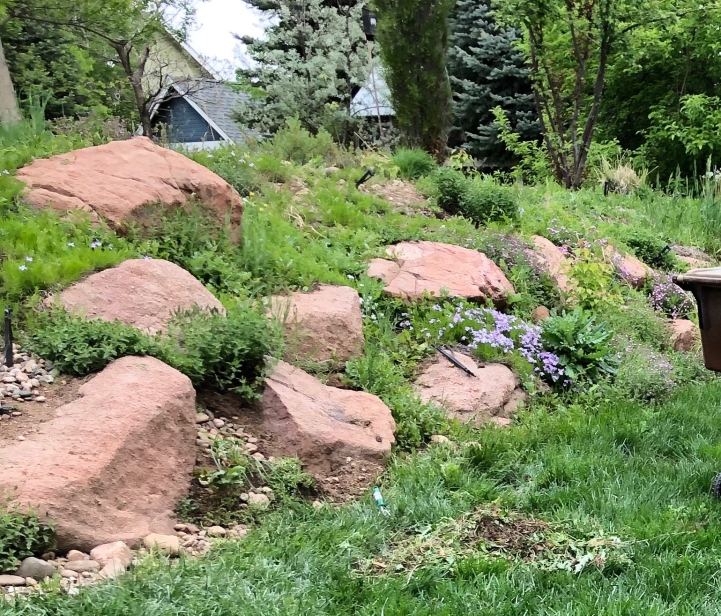
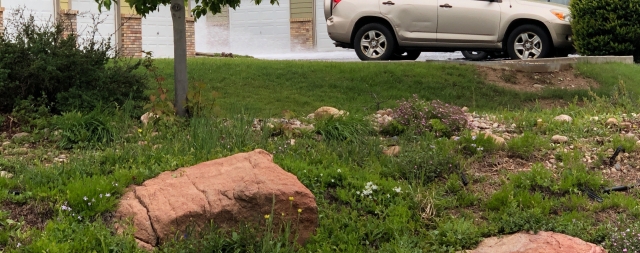
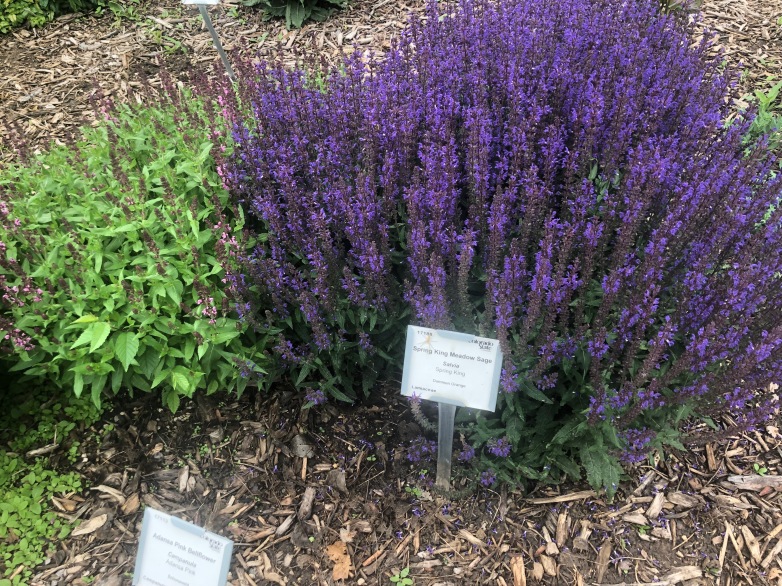




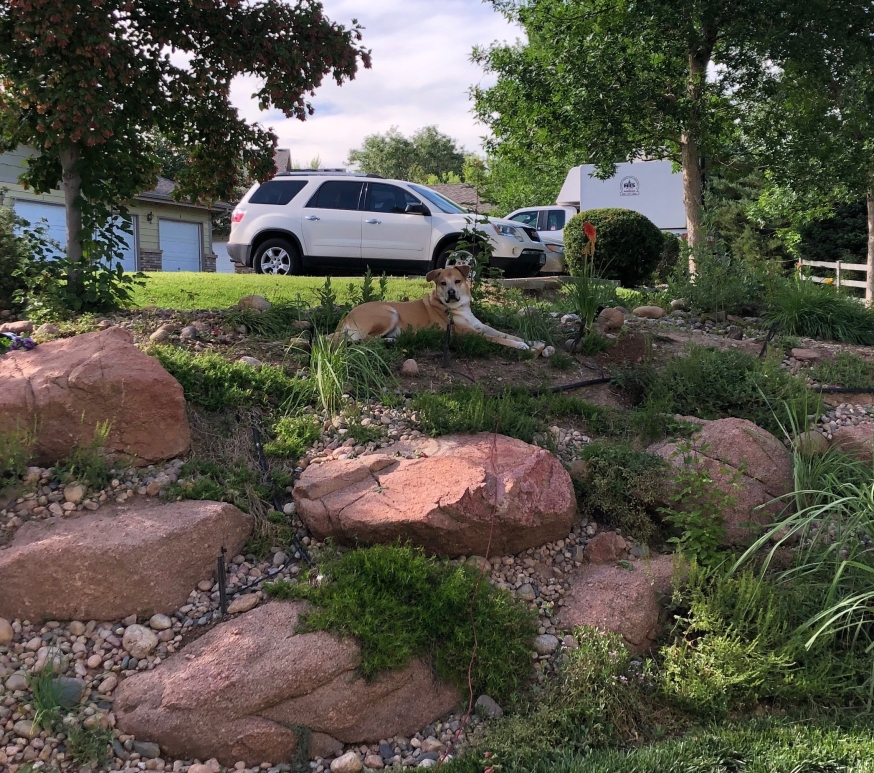









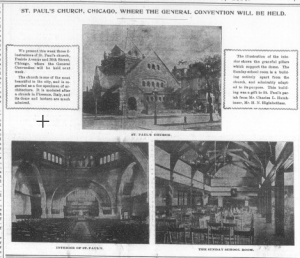
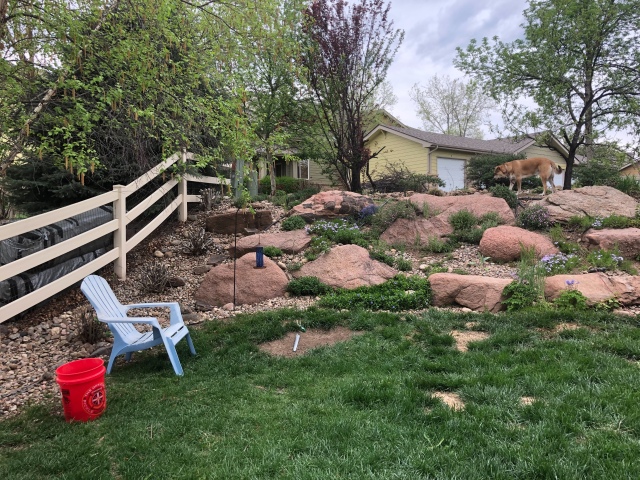
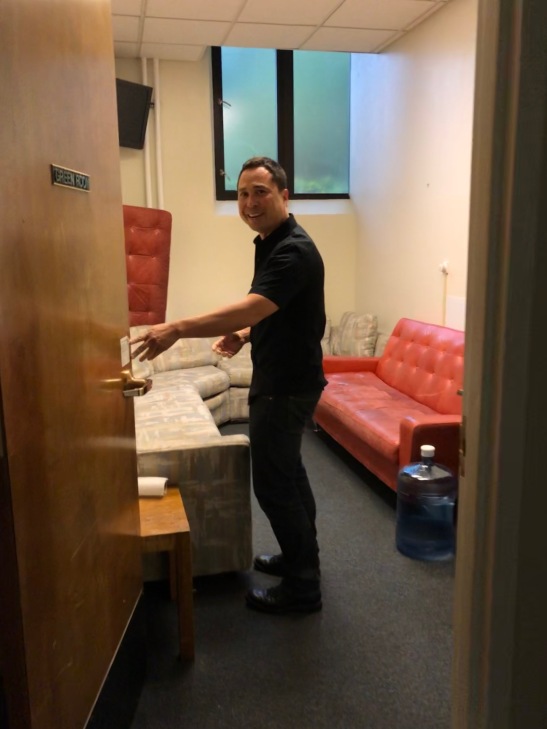
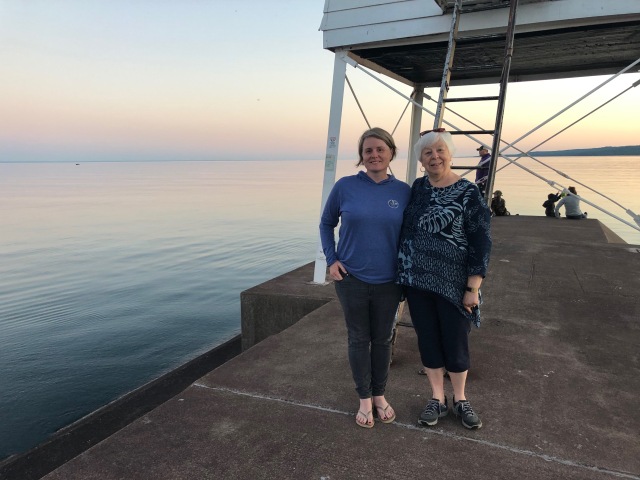
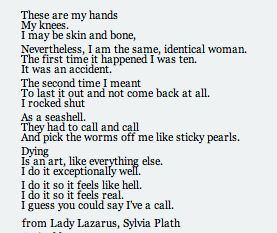



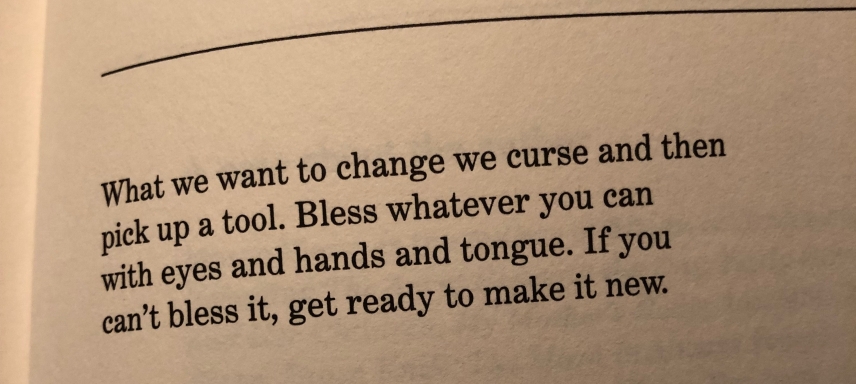
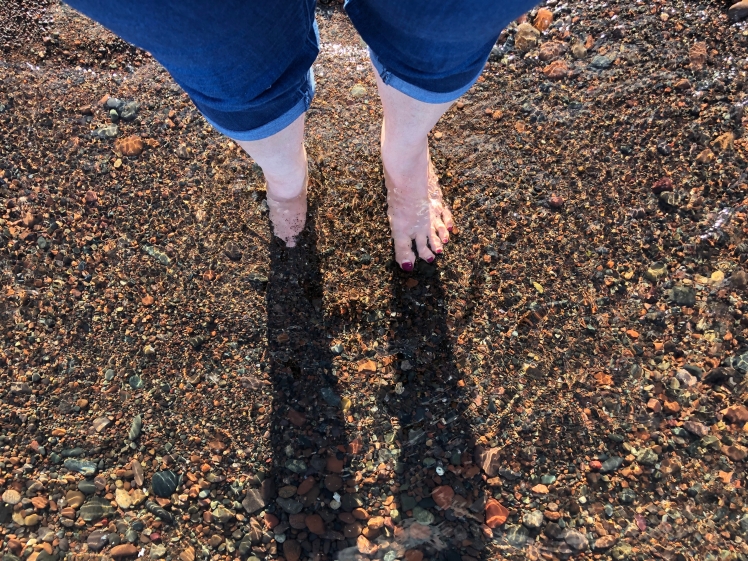
 Stop changing
Stop changing

























 They came in the very early morning hours.
They came in the very early morning hours. 




